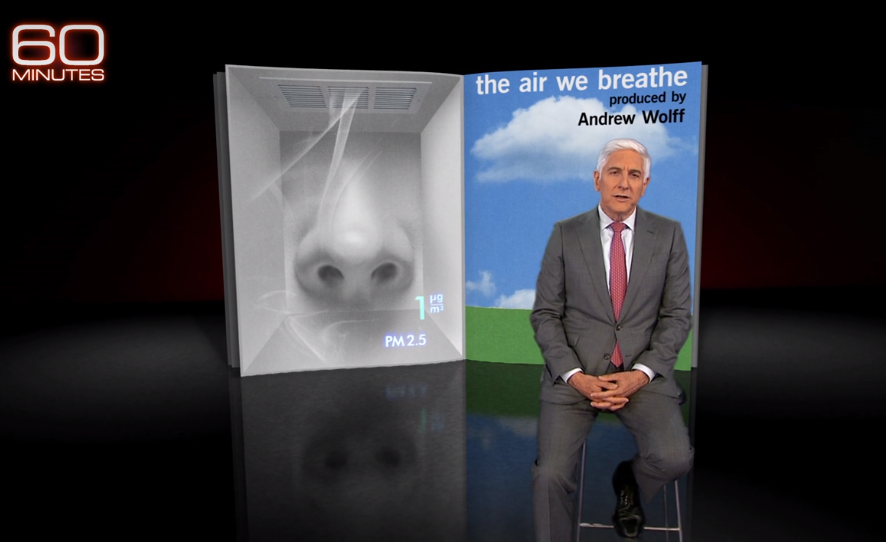
Barnstable County’s New Epidemiologist Played an Important Role in Determining How COVID-19 Spreads, Story Featured on 60 Minutes

Very early in the COVID-19 pandemic, when cases were first starting to pop up in Seattle Washington, the Skagit Valley Chorale had plans to hold rehearsal at a local church. Health departments across the nation were slowly but steadily rolling out stay-at-home recommendations, but full lockdown was not yet in effect. The morning of the chorale’s planned rehearsal, public health officials reported Skagit County’s first case of COVID-19 and recommended postponement of non-essential gatherings of 10 people or more. Not everyone heard the news, and about half the chorale showed up for practice.
Within a few days chorale members began to get sick with Covid-19. The virus hit 53 of the 61 people at choir practice that night. Two of them, both in their 80s, died.

Skagit County health officials, led by Epidemiologist Lea Hamner who began contracting with the Barnstable County Department of Health and Environment in July, investigated the rehearsal and declared it a “super spreader event”, one of the earliest in the country. Their findings were published in CDC’s epidemiological publication Morbidity and Mortality Weekly Report (MMWR) and concluded that choir members had an intense and prolonged exposure to surfaces, droplets, and possibly even microscopic airborne particles called aerosols containing the virus. Read the full report >>>
At the time, the medical community was focused on droplets, surfaces, and handwashing, but the Skagit County event caught the attention of researchers specializing in aerosol science. They strongly believed that COVID-19 was mostly an airborne disease but needed more proof, so they launched their own analysis, thus prompting a cascade of scientific investigation which conclusively revealed that COVID-19 could spread further than 6 feet via aerosolized particles.
Today we understand the effectiveness of masking and ventilation, two measures that are extremely important not only for preventing the spread of COVID-19, but other acute respiratory illnesses such as Influenza and RSV. These measures, used in combination with other practices such as good hand hygiene and staying home when sick, can have an enormous impact on our health and the transmission of disease during the winter months.
Interested in learning more about the Skagit County superspreader event and how it prompted researchers to pursue a better understanding of how aerosolized particles are spread through the air, as well as how our buildings and HVAC systems can be better designed to protect us from respiratory illness? Watch the following 60 Minutes segment which aired on October 29, 2023. Indoor air systems crucial to curbing spread of viruses, aerosol researchers say – CBS News



